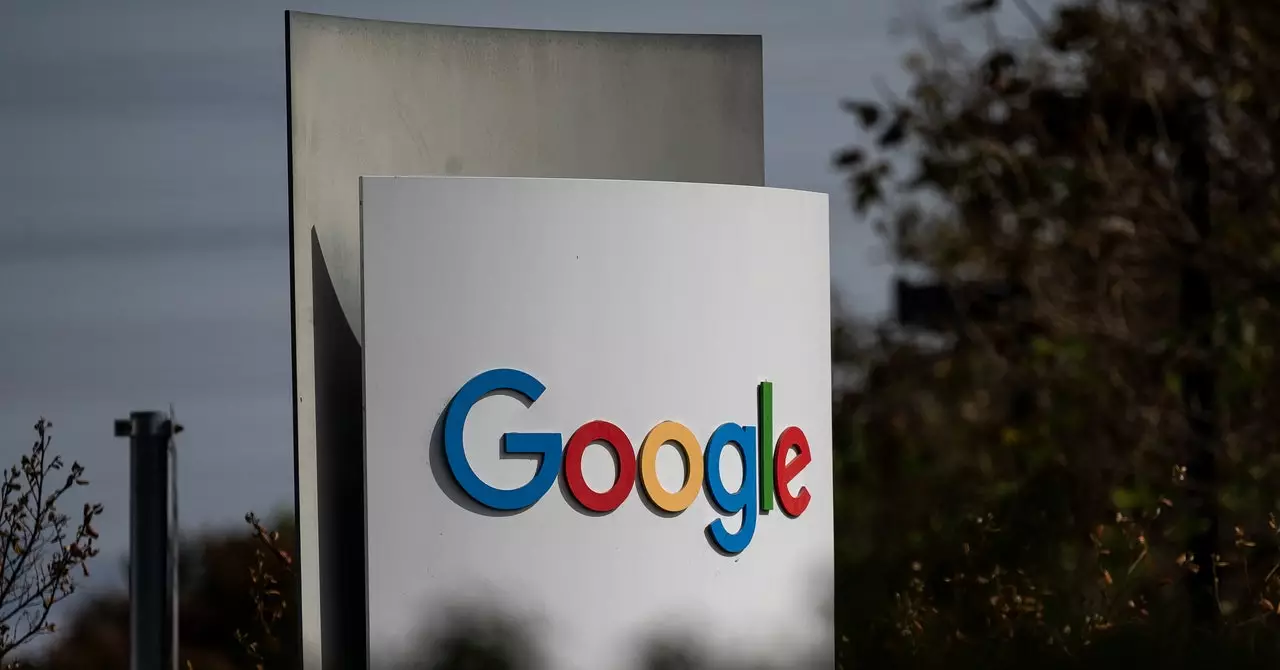The advent of generative AI technology has sparked a heated competition among tech giants, particularly between Google’s Gemini Assistant and OpenAI’s ChatGPT. As advancements in conversational AI take center stage, the looming legal challenges and regulatory scrutiny faced by Google may significantly affect its trajectory in this innovative landscape. Recent filings in federal court have revealed Google’s strategies in navigating regulatory waters while trying to cement its place among the top AI providers. This article delves into the implications of these legal challenges, the competition between AI platforms, and how Google’s decisions may shape its future in the industry.
As chatbot technology evolves, the race for supremacy is intensifying. OpenAI’s ChatGPT has emerged as one of the leading conversational AI systems, capturing user interest and establishing a strong foothold in the market. While Google’s Gemini stands poised to be a formidable competitor, its potential rise to prominence is none too certain. The promotional partnerships that once propelled Google Search into the everyday lives of Americans may now be an albatross as the company faces a series of antitrust challenges.
The Justice Department’s allegations against Google, asserting that the tech giant has maintained its dominance through restrictive practices, could serve as substantial roadblocks to the growth of Gemini. The company’s proposed limitations, such as refraining from compelling device manufacturers and operating system partners to pre-install the Gemini Assistant, reflect an awareness of the scrutiny it faces. However, while Google is strategically maneuvering through legal restrictions, the effectiveness of these plans in competing against ChatGPT remains an open question.
In August, the U.S. District Court ruled against Google in a significant antitrust case, underscoring the ways the company allegedly leveraged its search engine dominance through default arrangements with partners. This ruling has set a precedent and shed light on the company’s historic practices that reinforce its monopolistic control over the search advertising market. As hearings loom, the focus on how Google plans to maintain its user base amidst increasing regulatory pressure is confusing for investors and consumers alike.
Google’s formal rejection of the Justice Department’s proposal to divest parts of its business, such as the Chrome browser, and share more data with competitors may signal its resolve to retain its competitive edge. By countering with its own proposals for reduced restraints on partners while still protecting its interests, Google clearly demonstrates its commitment to safeguarding its market position. Nonetheless, the efficacy of these adjustments remains to be seen, particularly as other AI platforms position themselves to capitalize on any regulatory decisions.
Implications for Investors and Market Confidence
Despite these tumultuous legal proceedings, investors have shown a bullish outlook on Google and its parent company, Alphabet. Rising share values—over 37% in 2024 alone—indicate investor confidence in Google’s capacity to weather these storms and thrive in an evolving market. This fervent optimism suggests that the market is more focused on Google’s long-term innovations and less on the immediate challenges posed by the legal landscape.
While the upcoming legal decisions may very well impact future strategies, Google appears determined to pivot towards innovation rather than retreat. As it seeks to recover its footing amidst legal challenges, the company has made it clear that it will strive to promote Gemini, although not by mandating defaults. This a nuanced approach to partnerships may offer a compromise that respects the legal framework while keeping the door open for collaborative growth.
The Path Forward: Navigating Challenges and Opportunities
The interplay between law, market preferences, and technological innovation will play a crucial role in determining the future of AI chatbots like Google’s Gemini Assistant. As the industry stands on the precipice of transformation, the next few years promise to be pivotal. Google must intelligently navigate its legal challenges while aiming to capture consumer interest with compelling AI solutions.
With the prospect of potential penalties stemming from the ongoing antitrust case, the trajectory for Google’s generative AI remains uncertain. However, its focus on partnerships and flexibility in promoting Gemini may be key to striking a balance between legal compliance and innovative growth. In an environment where technology is continuously evolving, staying relevant and engaging users will be Google’s greatest challenge and opportunity. The ramifications of these developments will not only shape Google’s future but could also redefine competitive dynamics across the entire tech landscape.

